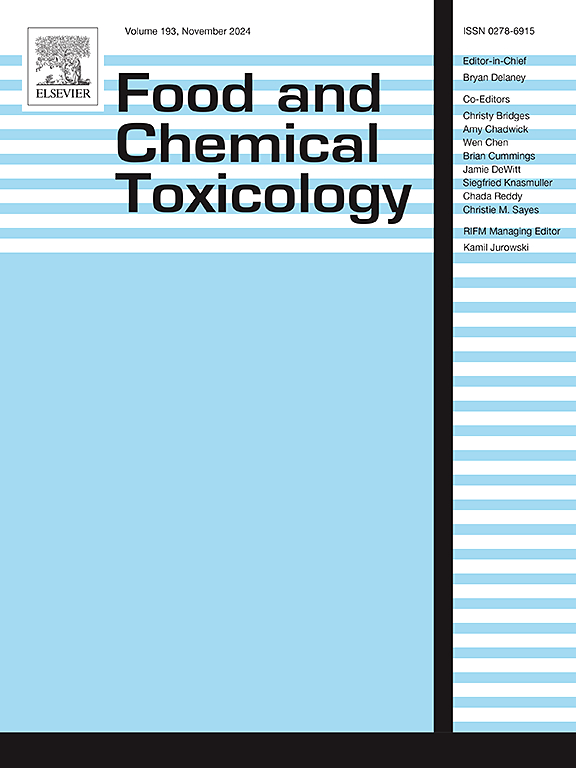Expression, characterization, and application of an aldo-keto reductase mined from Bacillus velezensis Vel-HNGD-F2 for deoxynivalenol biodegradation.
Abstract
Deoxynivalenol (DON) contamination in cereals and their products poses a potential threat to animal and human health, however, physical and chemical detoxification methods deplete nutrients and cannot specifically remove DON. This study aims to identify novel and efficient DON-degrading enzymes, providing practical support for their application in biodegradation. A novel DON-degrading aldo-keto reductase named AKR11A2 was identified from Bacillus velezensis Vel-HNGD-F2 through BlastP comparison. AKR11A2, an enzyme with a molecular mass of 34.8 kDa encoded by a 933 bp gene, exhibited optimal activity at pH 9 and 40 °C, while demonstrating remarkable thermal and alkaline stability by retaining over 90% of its activity. UPLC-MS/MS analysis revealed that the m/z of the DON degradation product was 295.1, identified as 3-epi-DON, formed through the direct isomerization of DON. Notably, zebrafish experiments demonstrated that the liver toxicity of the degradation product was significantly lower than that of DON. AKR11A2 effectively degraded 50.69% of the DON in contaminated corn, highlighting its practical application in food safety. These findings indicate that the study achieved the biodegradation of DON and provide a promising theoretical and technological support for the application of DON detoxifying enzymes in food and feed products.

| 公司名称 | 产品信息 | 采购帮参考价格 |
|---|---|---|
| 索莱宝 |
Biochemical Kits
|
|
| 索莱宝 |
AST kit
|
|
| 索莱宝 |
GSH kit
|
|
| 索莱宝 |
MDA kit
|
|
| 索莱宝 |
CAT kit
|
|
| 索莱宝 |
ALT kit
|
|
| 索莱宝 |
SOD kit
|
 求助内容:
求助内容: 应助结果提醒方式:
应助结果提醒方式:


